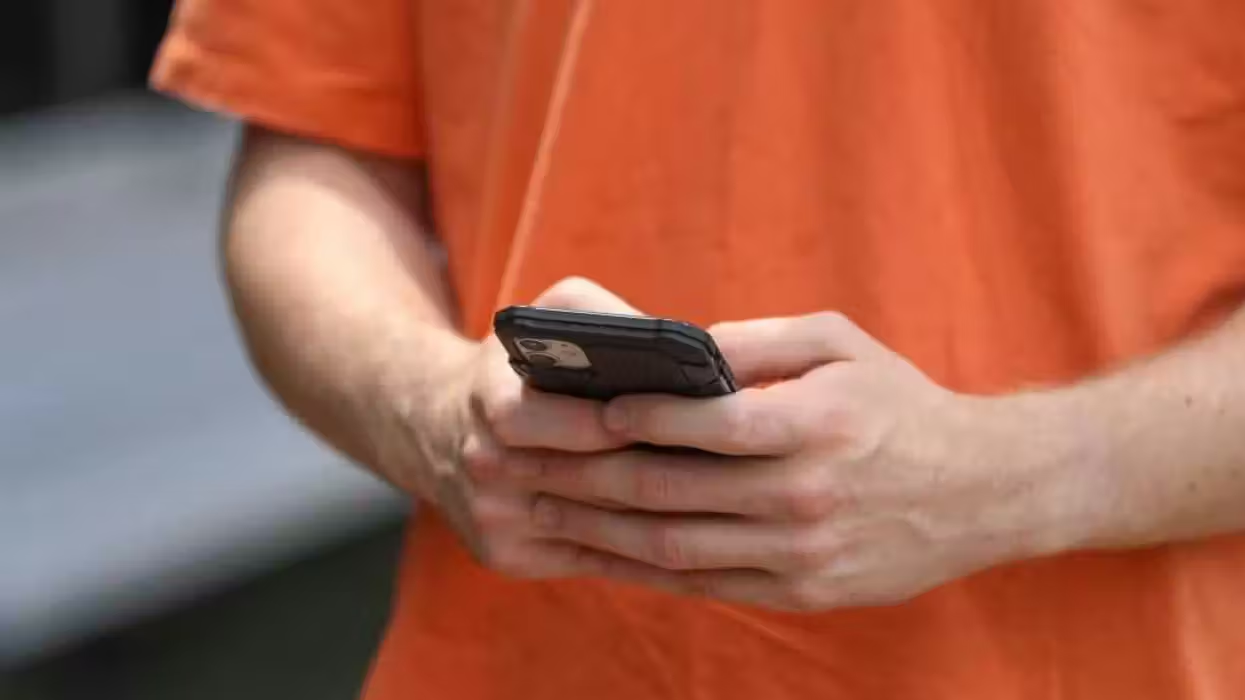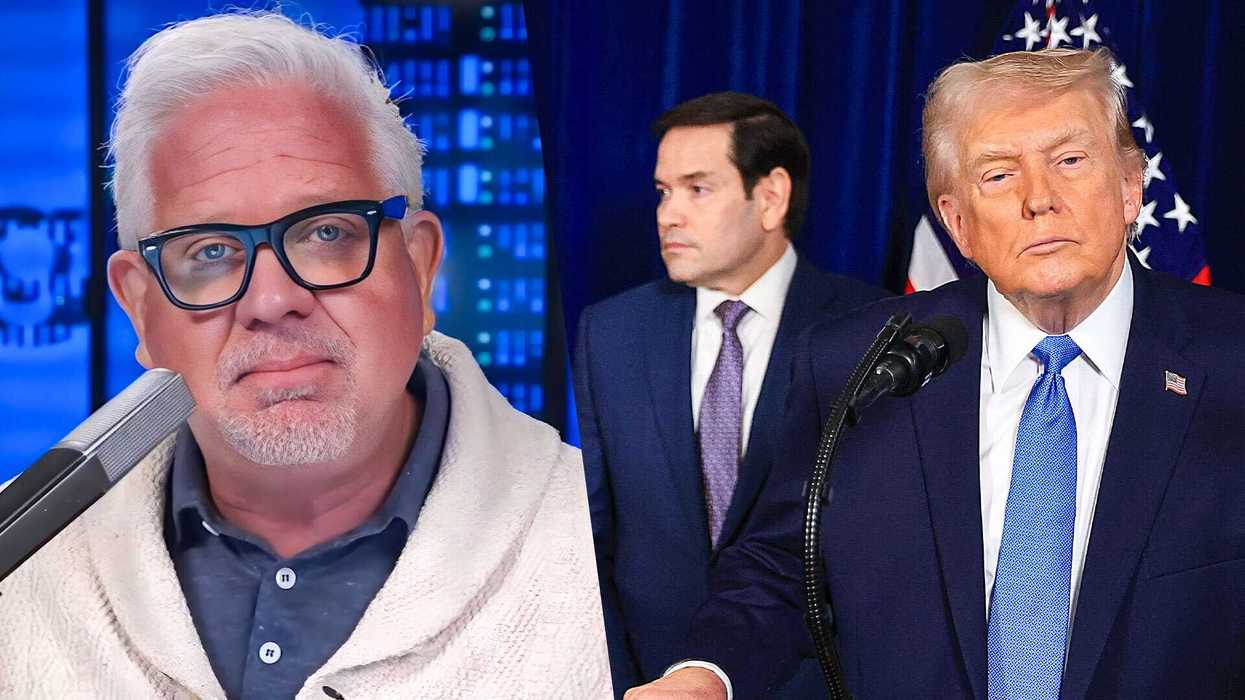
© 2026 Blaze Media LLC. All rights reserved.
See How Students Are Using Soda Labels and Other High-Tech Techniques to Cheat
December 16, 2011
"lousy detectors at cheating."
 Back in the day, students would try to sneak inked test answers on their hand or maybe on the inside of their forearm. Then, with the advent of advanced graphing calculators, such at the T9-83, students who were sneaky enough could program answers into to the device.
Back in the day, students would try to sneak inked test answers on their hand or maybe on the inside of their forearm. Then, with the advent of advanced graphing calculators, such at the T9-83, students who were sneaky enough could program answers into to the device.
Teachers wised up to both of these techniques. But as "eCheating", as USA Today calls it, continues to get more refined, teachers may be having a harder time catching on.
USA Today reports that a YouTube video detailing how students can cheat by inputting their answers on what would look like a soft drink nutrition label has more than 7 million hits. Here's a different video detailing how they do it:
USA Today goes on to report that students are also using other technology to help them cheat:
Several security-related companies, such as Spycheatstuff.com, will even overnight-mail a kit that turns a cellphone or iPod into a hands-free personal cheating device, featuring tiny wireless earbuds, that allows a test-taker to discreetly "phone a friend" during a test and get answers remotely without putting down the pencil.One Toronto firm named ExamEar shut down its website after authorities investigated how it was selling $300 Bluetooth devices to desperate exam candidates.
A non-profit group, Common Sense Media, found that 35 percent of teens have used a mobile device to cheat, while 52 percent have admitted to using the Internet to cheat in some way, USA Today reports. Vice chancellor for technology and learning services at South Orange Community College in California is reported as saying "there's an epidemic of cheating" and that students engaging in this activity are not getting caught:
Problems like detecting cheating boil down to what Nobel Laureate psychologist Daniel Kahneman calls "cognitive bias." If teachers can't see it happening in front of them, they're unlikely to believe it's happening and so they're less likely to try to prevent it. But Bramucci says educators "are lousy detectors at cheating."To prove his point, a few years ago he brought in a group of students to take a mock test and instructed them to cheat in a handful of different ways, all under the gaze of South Orange professors, who watched and took notes.
"They didn't even get a third of the ways people were cheating, even when they knew they were cheating and it was happening right before their eyes," Bramucci says.
At the same time, authorities may be taking it a bit more seriously. USA Today notes that some Long Island teens were arrested for cheating on the SAT, among other cases.
Want to leave a tip?
We answer to you. Help keep our content free of advertisers and big tech censorship by leaving a tip today.
Want to join the conversation?
Already a subscriber?
more stories
Sign up for the Blaze newsletter
By signing up, you agree to our Privacy Policy and Terms of Use, and agree to receive content that may sometimes include advertisements. You may opt out at any time.
Related Content
© 2026 Blaze Media LLC. All rights reserved.
Get the stories that matter most delivered directly to your inbox.
By signing up, you agree to our Privacy Policy and Terms of Use, and agree to receive content that may sometimes include advertisements. You may opt out at any time.






